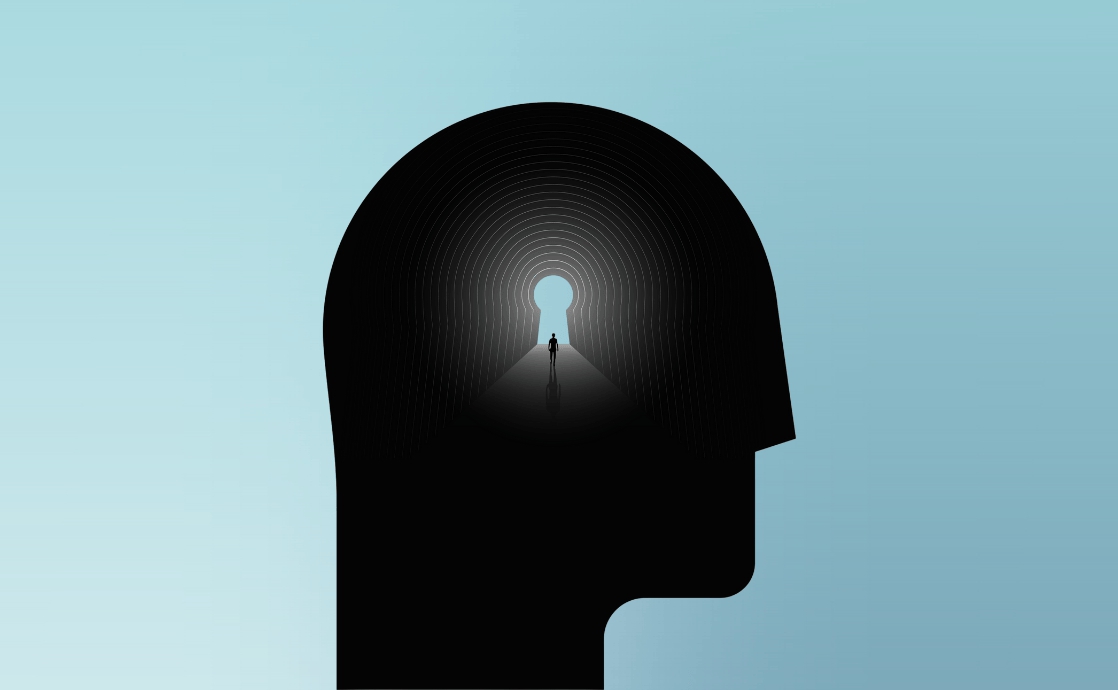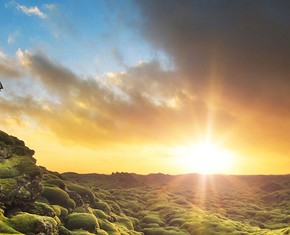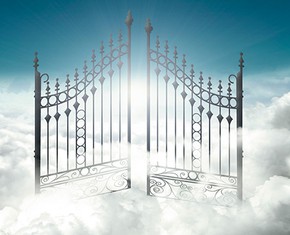The views expressed in our content reflect individual perspectives and do not represent the authoritative views of the Baha'i Faith.
Freedom is one of the most important aspects of happiness. All human beings desire to be free, but there is a difference between the kind of freedom that leads to dissolution and misery, and that which comes from adherence to correct principles. Only the latter, the Baha’i teachings say, is real and lasting:
…True liberty consisteth in man’s submission unto My commandments, little as ye know it. Were men to observe that which We have sent down unto them from the Heaven of Revelation, they would, of a certainty, attain unto perfect liberty. Happy is the man that hath apprehended the Purpose of God in whatever He hath revealed from the Heaven of His Will that pervadeth all created things. Say: The liberty that profiteth you is to be found nowhere except in complete servitude unto God, the Eternal Truth. Whoso hath tasted of its sweetness will refuse to barter it for all the dominion of earth and heaven. – Baha’u’llah, The Most Holy Book, pp. 63-64.
Although Baha’u’llah emphasizes the importance of obedience to God’s teachings, this does not mean that we are expected to follow them blindly. In the Baha’i teachings faith is defined as conscious knowledge expressed in action. Human beings are equipped with a rational faculty that allows them to investigate the reality of things. God expects us to do just that, and not blindly imitate the beliefs or opinions of others.
At the same time, it is important to realize that human understanding is fallible. If it were not, then everyone would always agree on everything. The prophets of God provide essential principles and teachings to point us in the right spiritual and moral direction, yet within this framework of guidance we are expected to develop our own understanding and attempt to apply the teachings in our lives as best we can. Sincerity and persistence are essential, and God helps those who turn towards Him.
Self-Knowledge and Mastery of the Self
Spiritual growth is impossible without self-knowledge. Baha’u’llah writes that “man should know his own self and recognize that which leadeth unto loftiness or lowliness, glory or abasement, wealth or poverty.” – Tablets of Baha’u’llah, p. 35.
Because humanity was created by a loving God, and because the purpose of this physical life is to acquire spiritual qualities for the life beyond, our essential nature is, therefore, spiritual. But we also have another nature, a physical, “lower,” or “animal” side. This aspect of our nature is responsible for baser desires and for the kinds of selfish impulses that destroy spirituality. Among these impulses are excessive attachment to material things, carnal desires, and the like. Other impulses that destroy spirituality include the instincts for aggression and violence. Such forms of selfishness are the very antithesis of godliness. The challenge of life is to overcome our lesser nature and to increasingly reflect the higher, nobler attributes of the spirit. We can do that by learning detachment.
Baha’u’llah often calls upon us to detach from the things of this world. In many instances he reminds us that this physical life is only temporary, and that its pleasures are as nothing in comparison with the joys of the spirit:
The world is but a show, vain and empty, a mere nothing, bearing the semblance of reality. Set not your affections upon it. Break not the bond that uniteth you with your Creator, and be not of those that have erred and strayed from His ways. Verily I say, the world is like the vapor in a desert, which the thirsty dreameth to be water and striveth after it with all his might, until when he cometh unto it, he findeth it to be mere illusion. – Gleanings from the Writings of Baha’u’llah, p. 328.
Rejoice not in the things ye possess; tonight they are yours, tomorrow others will possess them. Thus warneth you He Who is the All-Knowing, the All-Informed. Say: Can ye claim that what ye own is lasting or secure? Nay! By Myself, the All-Merciful . . . The days of your life flee away as a breath of wind, and all your pomp and glory shall be folded up as were the pomp and glory of those gone before you. Reflect, O people! What hath become of your bygone days, your lost centuries? Happy the days that have been consecrated to the remembrance of God, and blessed the hours which have been spent in praise of Him Who is the All-Wise. By My life! Neither the pomp of the mighty, nor the wealth of the rich, nor even the ascendancy of the ungodly will endure. All will perish, at a word from Him. – Ibid., p. 138.
The generations that have gone on before you—whither are they fled? And those round whom in life circled the fairest and the loveliest of the land, where now are they? Profit by their example, O people, and be not of them that are gone astray.
Others ere long will lay hands on what ye possess, and enter into your habitations. Incline your ears to My words, and be not numbered among the foolish.
For every one of you his paramount duty is to choose for himself that on which no other may infringe and none usurp from him. Such a thing—and to this the Almighty is My witness—is the love of God, could ye but perceive it.
Build ye for yourselves such houses as the rain and floods can never destroy, which shall protect you from the changes and chances of this life. This is the instruction of Him Whom the world hath wronged and forsaken. – Ibid., p. 261.
By detachment is not meant, however, that we should force ourselves to endure excessive deprivations. On the contrary, Baha’u’llah assures us that it is perfectly acceptable to enjoy the things of this world, as long as we remember God and follow His teachings.
Nor does detachment imply that we should not be concerned with the affairs of the world. Rather, we should devote ourselves to the betterment of humanity and service to others. Baha’u’llah called upon the monks and other ascetics to be a part of society, stating:
The pious deeds of the monks and priests among the followers of the Spirit [Jesus]—upon Him be the peace of God—are remembered in His presence. In this Day, however, let them give up the life of seclusion and direct their steps towards the open world and busy themselves with that which will profit themselves and others. – Tablets of Baha’u’llah, p. 24.
Next: The Pure Heart Seeks Justice
















Comments
Sign in or create an account
Continue with Googleor